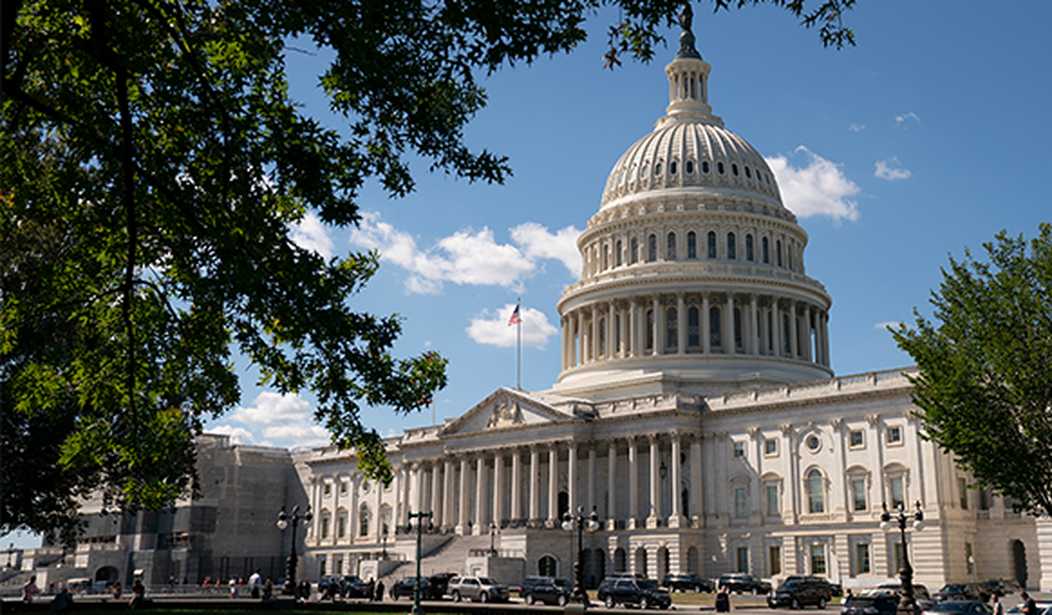Politicians are renowned for their shortsightedness. During the post-war period, for example, Republicans have very publicly opposed most tax increases. I like small government, so I'm good with that. Where I part ways with the Grand Old Party is with its failure to oppose big spending that's funded with debt, meaning future tax hikes.
Their lack of spending restraint, also encouraged by Democrats, is inconsistent and means that a new source of government revenue is likely in our future. And, if that is the case, it may very well be a wealth tax.
Support for taxing wealth (as distinct from income) has been picking up momentum in the United States as progressives have argued that the tax is an effective way to reduce inequality. We frequently heard calls for tax hikes on the rich like those during the Democratic presidential primary season when both Sens. Bernie Sanders and Elizabeth Warren prominently proposed such a wealth tax. And while Joe Biden hasn't endorsed a wealth tax, his spending plan is so vast that it's difficult to see how it won't be on his agenda soon. Always eager to demonstrate its progressive cred, California is also close to adopting such a tax, which would make that state the first in the nation to do so.
A wealth tax has many problems. While it makes for great "soak the rich" soundbites, in reality, it's ineffective at reducing inequality. What wealth taxes do best is to disrupt the accumulation of capital. Since most wealth is invested and provides capital for innovators and producers to draw upon -- and for workers to work with -- all Americans would suffer from a wealth tax.
In a recent paper published by the Center for Freedom and Prosperity, economists John Diamond and George Zodrow of Rice University's Baker Institute added to the extensive evidence on wealth-taxation's negative effects.
Recommended
The authors simulated the Warren wealth tax's economic effects and how that impacts the lifetime earnings of different income groups. They estimate that long-run GDP would be 2.7% lower than it would be without a wealth tax. They also found declines in lifetime wealth from the upper to lower-middle classes.
To gauge the wealth tax's impact, Diamond and Zodrow had to make assumptions about how the money would be used. Paying down the national debt, for instance, has different implications for capital allocation than beefing up welfare programs. Since tax proponents tell us they prefer to do the latter, the simulation assumes that wealth tax revenues would be used for redistribution in similar proportions to current spending. The authors thus found small increases in lifetime per-household wealth for bottom income earners, ranging from $100 to $500.
These very small "benefits" (to use the term rather loosely) come at very high costs. Initial losses in average household income would amount to about $2,500.
Europe has traditionally shown a greater affinity for taxing wealth than the United States. But even in Europe, the administrative difficulties, low level of revenue collection and utter lack of impact on inequality have led many nations to abandon wealth taxation. Whereas 15 European countries have implemented wealth taxation, only three have stuck with it.
Nations like France, which dropped its wealth tax in 2018, learned the hard way that taxpayers don't sit idly by while the fruits of their life's labor are looted. They go elsewhere.
The wealthy are already fleeing California as it continues to increase its fiscal reliance on a tiny number of highly successful individuals. This trend cannot continue, and to quote economist Herbert Stein, "If something cannot go on forever, it will stop."
It's bad enough for legislators in the state with the nation's largest economy to hit the accelerator as they approach a cliff. It would be even more foolish for the rest of the nation to follow suit.
So, Republicans, if you really believe in lower taxes, think of that next time you feel generous with taxpayers' money.

























Join the conversation as a VIP Member